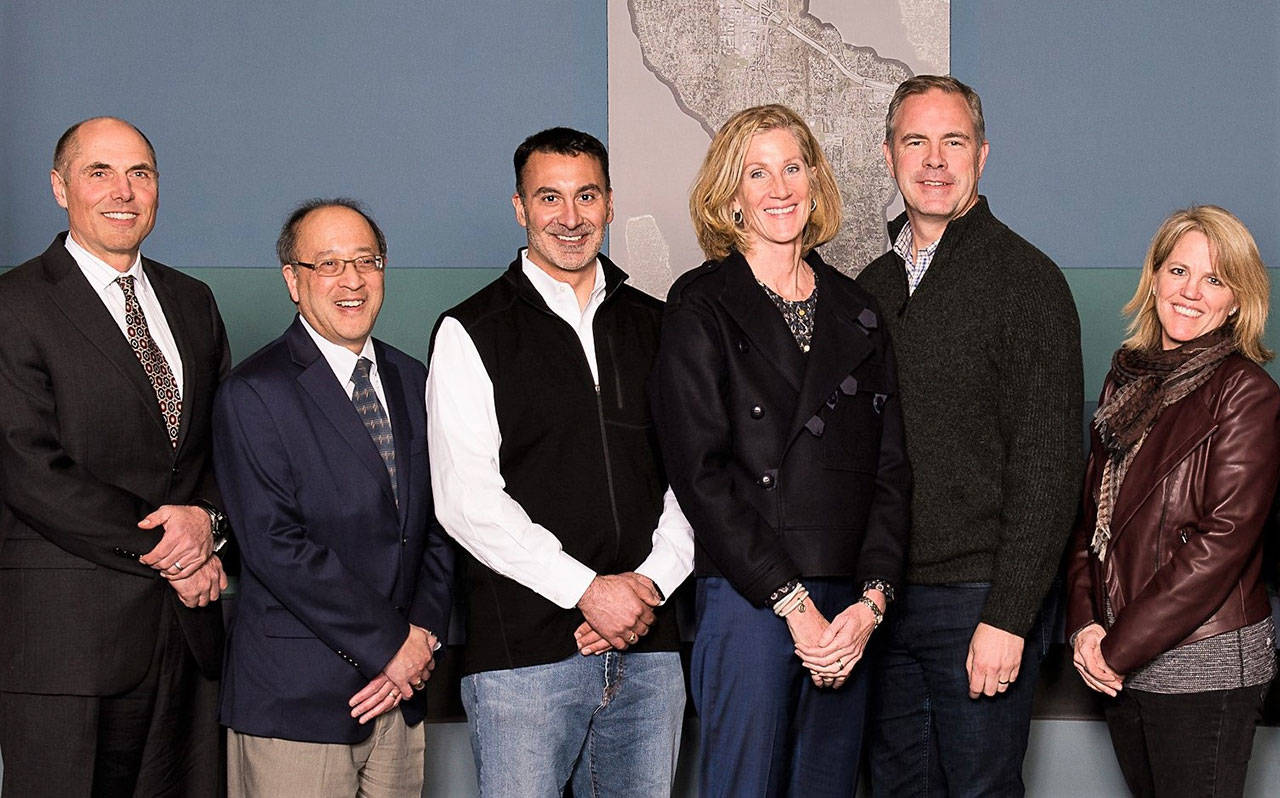From the Arts Council to the Utility Board, Mercer Island offers opportunities for citizen participation in the municipal government.
In 2019, the structure and function of these volunteer committees are set to change. The Mercer Island City Council has been working to update the appointment process for its advisory groups since the January 2018 planning session, and is set to finalize those changes and more on Jan. 15.
According to a council discussion during the first reading on Dec. 18, the update was intended to create consistent standards and instate some new policies, such as term limits. The council also decided to sunset some groups, including the Community Advisory Board and Library Board, and create a Parks and Recreation Commission, set to start in June 2019.
The process started with a problem statement, that “there is inconsistency in the codes that establish and govern each of the boards and commissions and that criteria should be developed and added to the code for each of [them].”
An ad hoc committee — comprised of former councilmembers Tom Acker, Wendy Weiker and Benson Wong, city manager Julie Underwood, assistant to the city manager Ali Spietz, city clerk Deb Estrada, community planning and development director Evan Maxim, public works director Jason Kintner and parks and recreation director Jessi Bon — met to discuss changes to the code and policies.
They resvised the application form and cover page for boards and commissions, developing membership criteria to identify qualifications and representation in the groups and clarifying the number of members, residency requirements, terms and staff liaisons for each.
An alternate member was proposed to be added to the Design Commission due to issues with reaching quorum, and the Arts Council membership is set to be reduced from 11 to nine to “help focus work and resources where needed.”
With a focus on expertise and professional experience, Weiker said the city is “trying to take out perceived partisanship of who gets appointed and who doesn’t.” The city is also attempting to increase diversity in the advisory groups.
The positions on boards and commissions, like city council positions, are meant to be non-partisan and apolitical, though past appointments haven’t always been perceived that way.
“There have been questions in the past that the people who have been appointed by the mayor are of like mind of the mayor,” Spietz said. “There is no reason to think that is true… We don’t want that to be an issue or a problem, or a perceived problem.”
Weiker said the ad hoc committee wanted to make it explicit to the decision makers and the public that politics should be left out of the appointment process.
“There’s some perception that it’s implied and not explicit,” Weiker said. “It’s been implied by several people who weren’t appointed that [it was] because of their political affiliation.”
Councilmember Bruce Bassett, who served as mayor from 2012 to 2017, said he was criticized for perceived favoritism in his recommendations for board members and commissioners.
“When I had the mayor’s job, I certainly was accused of appointing people who were somehow like-minded,” Bassett said.
According to the city website, “the mayor and council give a great deal of thought to the make up of each board and they seek to have a diversified and balanced group.”
Most appointments to boards and commissions are made by the mayor and affirmed by the city council. Generally, terms run June 1 through May 31, for a four-year period.
In anticipation of expiring terms, the city conducts an annual recruitment, which begins in March, to fill upcoming open positions. However, applications are accepted year-round as other public involvement opportunities occur, such as the creation of an ad hoc committee or a vacancy on an existing board.
See www.mercergov.org/CouncilMeetings for more.


